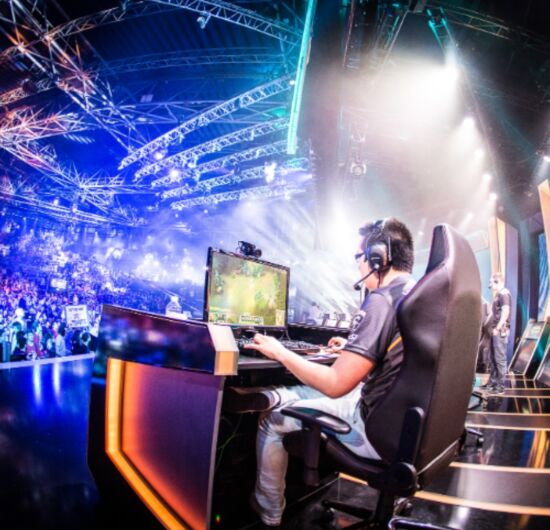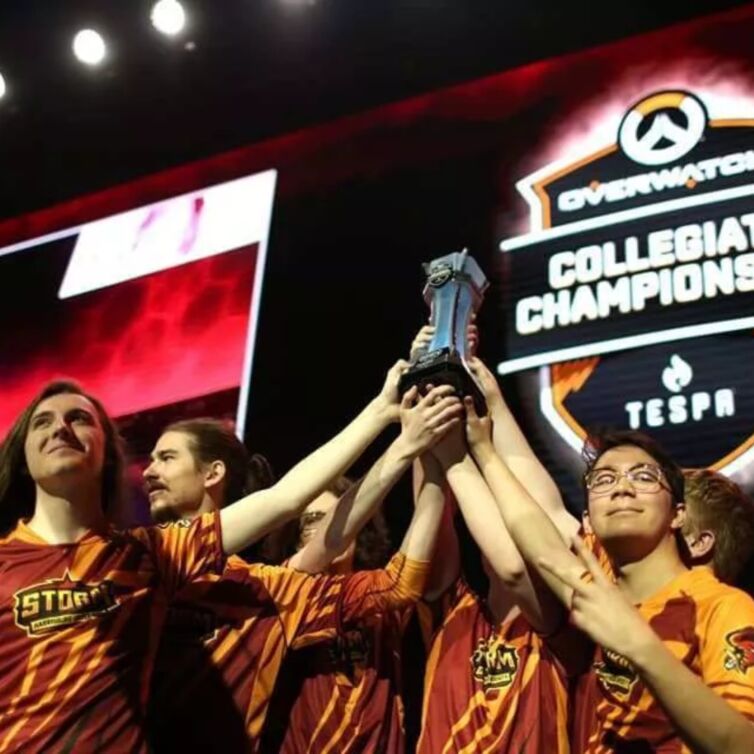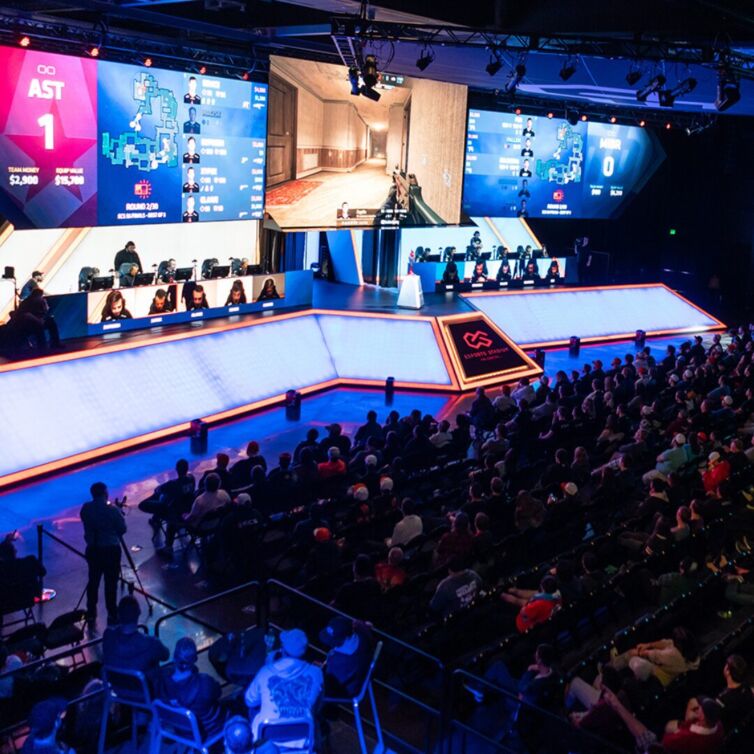A Unique Sport: What Makes eSports So Special
How an Up and Coming Sport is Breaking the Norms | February 26, 2025
Athletics have long played a significant role in higher education. College football dominates the fall season, and March Madness captivates audiences every spring.
While traditional sports continue to draw major attention, a new and rapidly growing competitive field is making its way into the mainstream: eSports.
Though some may hesitate to call it a “real sport,” eSports is gaining traction on college campuses across the country, reshaping the way we think about competition, teamwork, and even career opportunities.

Unlike traditional athletics, eSports does not involve running, jumping, or physically demanding movements. Instead, players engage in high-speed strategic gameplay, relying on rapid reflexes and precision using a mouse, keyboard, or controller.
While these differences set eSports apart from traditional sports, the two share more similarities than one might expect.
At its core, eSports is built on teamwork and strategy. Players take on specialized roles within their teams, competing against rival schools in organized matches.
Just like football or basketball, eSports programs track wins and losses, compete in playoffs, and even offer scholarships to talented players. Many teams also have access to mental and physical health support, similar to their traditional athletic counterparts.
One of the biggest draws of collegiate eSports is the dedicated spaces where teams practice and compete. Known as arenas, labs, lounges, or centers, these venues are outfitted with cutting-edge technology designed to enhance the gaming experience.
Vibrant LED lighting, immersive displays, elevated competition platforms, and spectator seating create an exciting and dynamic atmosphere for both players and fans. As eSports continues to grow, universities are expanding and upgrading these spaces to accommodate increasing interest and participation.
Beyond competition, eSports provides students with valuable transferable skills. While only a small percentage of players will go on to become professional gamers, many leverage their experience into other careers.
Broadcasting and streaming are integral parts of eSports, offering students hands-on experience in announcing and content creation.
Additionally, students involved in managing arena technology or event coordination gain skills applicable to a wide range of industries. Some even pursue coaching careers, as universities increasingly invest in full-time eSports coaching staff.
Notably, eSports is now offered as an academic major at several institutions, allowing students to immerse themselves in gaming-related studies while developing highly relevant career skills.
Though eSports differs from traditional athletics in many ways, its impact on campus culture is undeniable. The ability of competitive gaming to foster community and excitement is something BrightTree Studios continues to follow closely. As technology and trends evolve, we look forward to seeing how eSports shapes the future of collegiate competition.
To learn more about our work in eSports, check out our article: Exploring the Rapid Rise of eSports in Higher Education.





